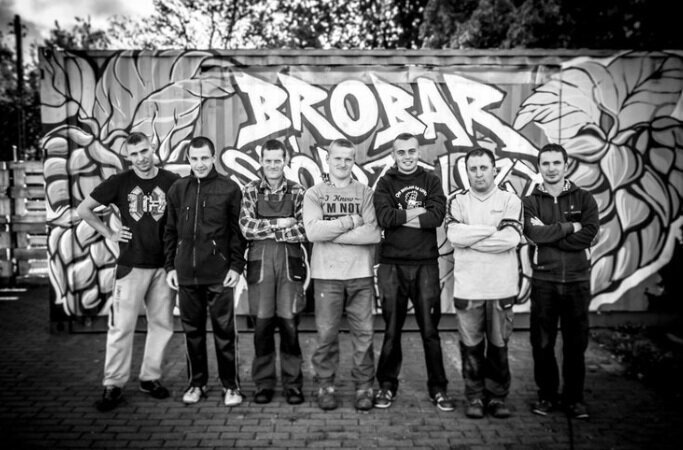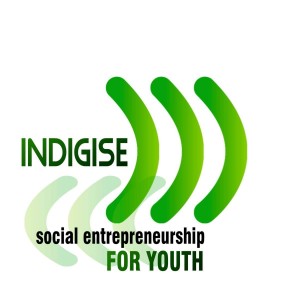Meet DALBA, social enterprise which is a part of NESs’t Fund network which is investing in entrepreneurial solutions that lift people out of poverty.
In spite of Poland’s strong economic growth, many find it difficult to secure stable employment and reliable wages. More than 18% of young people under the age of 30 are unemployed, with women, people living in rural areas, and people with disabilities especially affected. NESs’t investments in Poland focus on social enterprises that connect these potential workers with training and jobs in growth industries like technology, business process outsourcing and health care.
DALBA is an award-winning craft beer brewery in Puck, Poland that employs people with intellectual disabilities. It is the first in Poland and sixth in the world of its kind. The business addresses one of the most serious social problems in Poland: labour exclusion and social marginalization of people with intellectual disabilities. Today, only 10% of people with disabilities participate in the labor market.
The production process of DALBA’s craft beer counts on a group of 30 young men with disabilities who are also shareholders of the cooperative. Some prepare malts with a recipe and boil it, while others are involved in bottling or labeling. They do so without supervision, having received training from management to work with precision.
DALBA was co-founded by Agnieszka Dejna, a mother of children with disabilities, and Janusz Golisowicz, an occupational therapist of patients with disabilities. Agnieszka and Janusz often heard these young people seeking greater independence in their lives, but unable to achieve it as a result of their parents fear of discrimination and harassment in the workforce. Today, DALBA’s craft beers are rated Top 50 out of 270+ brands in Poland.
Browar Spółdzielczy (Cooperative Brewery) originated from the passion for beer, sea and the need for change. We brew our beer in a traditional manner, in small brewery in Puck, Poland. The brewery is owned by Spółdzielnia Socjalna DALBA (Social Cooperative DALBA).
This is not just an ordinary workplace, this is passion. Most employees of the cooperative are the people who have not had a chance on the open job market due to their disabilities. Their engagement and determination results in our beer being something exceptional, dreams coming true and a chance.
That’s why DALBA slogan reads “Piwo, które warzy więcej” – it’s a word play on the Polish words “warzyć” (to brew) and “ważyć” (here: to mean).
DALBA and NESsT partnered to increase the production capacity of the enterprise, positioning it to generate higher revenues and to increase its employment of people with disabilities. With a grant from NESsT, DALBA upgraded its equipment, generating a production growth of 15%. The next phase of investment is the expansion of its production hall.
DALBA’s tailored business mentoring focuses on consolidating its rapid growth, leveraging co-investments, and strengthening its impact measurement. As it prepares to launch five locations in the next two years, NESsT and DALBA have also been collaborating on managing the enterprise’s product portfolio, by identifying and developing products with higher margins, and on ramping up its sales efforts.
NESsT is excited to support DALBA as the enterprise has proven to be equally committed to empowering youth with disabilities and developing award-winning craft beer.
Answering the global Covid-19 crisis, NESsT has developed a special support plan for its portfolio. To support Dalba, we are working together to remodel communication and marketing strategy in order to generate additional revenues to sustain Dalba’s operational costs and revenues that decreased due to Covid crisis.
Source and more information: https://www.nesst.org/dalba; https://en.browarspoldzielczy.com/strona-glowna
This publication has been prepared within INDIGISE project. The content of this publication is the sole responsibility of the project coordinator and may not always reflect the views of the European Commission or the National Agency.

















Leave A Comment